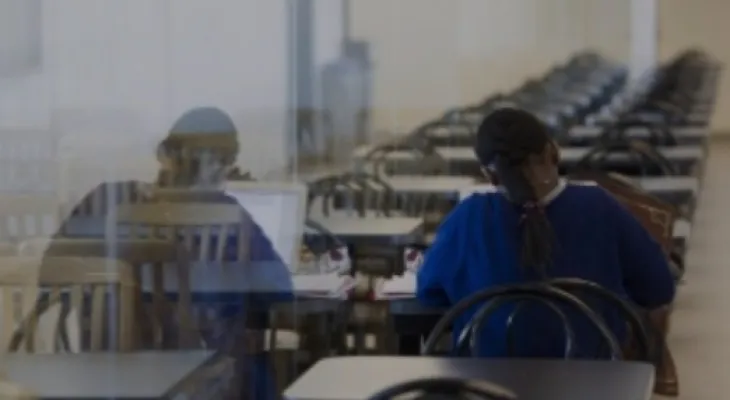Search here
Newspaper
Search here

Arab Canada News
News

Published: November 4, 2022
Some Quebec CEGEPs say that between 80 to 90 percent of international students they accepted from Africa had their study permits rejected by the federal government, jeopardizing their ability to offer programs and raising questions about bias in the immigration system.
At CEGEP de la Gaspésie et des les, in eastern Quebec, only two out of 19 students from Africa who were accepted to the school applied for permits, according to its general director. Meanwhile, at Collège d'Alma, in the Saguenay-Lac-St-Jean area, only 20 out of 139 students received permits. Representatives from both colleges said that, by comparison, almost every student from France is accepted. Also, Yveline Arseneau, director of Gaspé Junior College, said the refusal rate for African students reaches 89 percent, adding: "We find that staggering." In a phone interview, she said the situation is frustrating for the college, which puts a lot of effort into recruiting international students, only to have efforts undone, not to mention the impact on the students themselves.
In the same context, Frédéric Tremblay, communications chief at Alma College, stated that there appears to be a "disconnect" between the federal government and the province—especially in areas outside Greater Montreal, which face aging populations and labor shortages. He added that the main reason for study permit refusals is that authorities do not believe the applicant will return to their home country after studying—even though the province hopes to retain them. And that "it is beneficial for Quebec to look for students who already speak French, and we can train them here to keep them in the workforce." Also, sometimes, he said, students are refused on the basis that they do not have the financial means to support themselves—even if they received full scholarships.
Additionally, Francis Brown Mastropaolo, director of international affairs at the Quebec Federation of Vocational and Training Centers in Quebec, said that study permit refusals for students coming from Africa are not new and are an issue at all educational levels and provinces. But he said that Quebec CEGEPs and their potential students are the most affected. And that refusal rates vary by country, some being higher in French-speaking African countries where Quebec seeks immigrants, such as Algeria and Congo. At the same time, refusal rates tend to decrease with higher levels of study, meaning refusals at the college level are higher than those for master's and doctoral candidates, he said.
Overall, it is estimated that 80 percent of university study permits from French-speaking Africa are rejected by the federal government, compared to 30 to 35 percent for students from India and 20 percent from China. Also, the most affected colleges are those located in remote areas of Quebec, which have low enrollment rates and need a boost from international students to maintain programs. While college representatives cannot confirm whether racial bias is a factor in the differing acceptance rates, they say it is at least a possibility—a matter acknowledged even by the federal government.
Comments